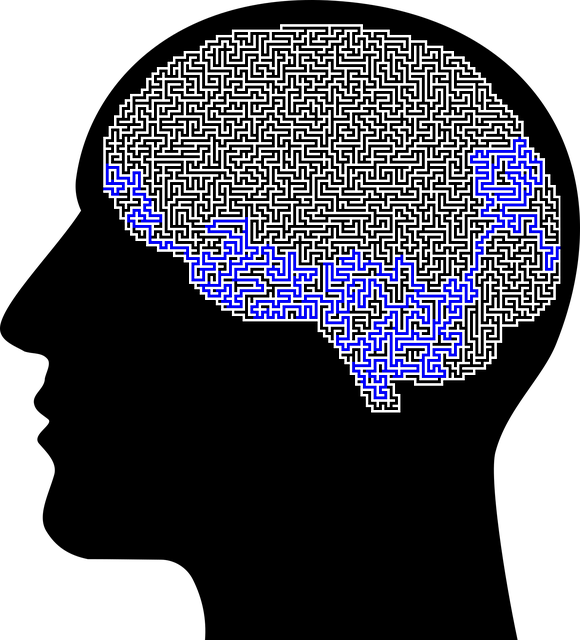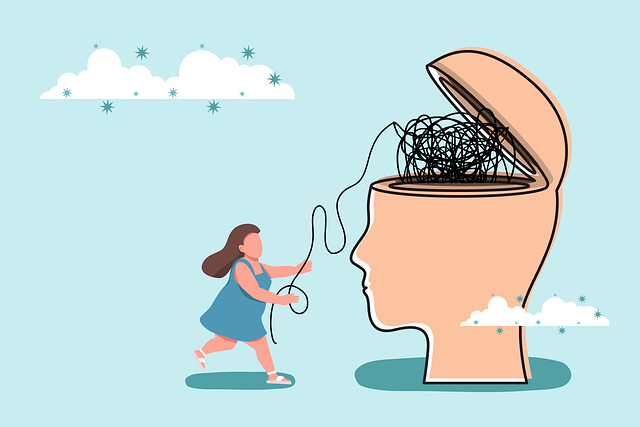Media representation of mental illness significantly shapes public perception and understanding. Inaccurate portrayals contribute to stigma while accurate, sensitive media can educate and foster empathy. Aurora Therapy for Therapists-Clinicians offers a groundbreaking approach, combining compassion cultivation with effective crisis intervention techniques. By integrating these strategies into storylines, the media can normalize conversations about mental health, reduce barriers to treatment, and promote positive initiatives. Therapists leveraging Aurora Therapy can lead efforts to reshape media narratives, challenging stereotypes and promoting diverse, empathetic representations, ultimately driving increased mental health awareness.
Mental illness representation in media significantly influences societal perceptions and understanding of mental health. This article delves into the impact of media portrayal on public perception, highlighting how inaccurate or stereotypical depictions can perpetuate stigma. We introduce ‘Aurora Therapy’, an innovative approach aimed at enhancing positive representation. Additionally, we offer strategies for therapists-clinicians to navigate and challenge media stereotypes, fostering a more informed and empathetic society. Discover how these initiatives contribute to improving mental health support.
- Understanding the Impact of Media Portrayal on Mental Health Perception
- Aurora Therapy: A Innovative Approach to Enhance Representation
- Strategies for Therapists-Clinicians: Navigating and Challenging Stereotypes in Media
Understanding the Impact of Media Portrayal on Mental Health Perception

The media’s portrayal of mental illness can significantly shape societal perceptions and impact individuals’ understanding of their own experiences. Popular culture often presents disorders as either intensely dramatic or trivial, leading to misconceptions and stigmatization. This representation plays a crucial role in influencing public opinion, shaping attitudes towards those living with mental health challenges, and even impacting help-seeking behaviors. When media portrays mental illness accurately and sensitively, it can serve as an educational tool, fostering empathy and encouraging support for those facing these issues.
For instance, incorporating scenarios that reflect the complexities of Aurora Therapy for Therapists-Clinicians or implementing self-care routine development strategies within storylines could normalize conversations around mental health. Crisis intervention guidance and conflict resolution techniques portrayed effectively in media can also empower viewers to handle situations more constructively, promoting healthier relationships and better coping mechanisms. Such representations have the potential to reduce barriers to seeking professional help and support positive mental health initiatives.
Aurora Therapy: A Innovative Approach to Enhance Representation

Aurora Therapy emerges as a groundbreaking approach to mental health representation in media, offering therapists and clinicians a unique tool to enhance their practice. This innovative therapy focuses on compassion cultivation practices, fostering a deeper understanding between professionals and clients. By integrating Aurora Therapy into treatment plans, healthcare providers can facilitate more meaningful connections, thereby improving patient outcomes.
Moreover, this method incorporates effective risk management planning for mental health professionals, ensuring a safe and supportive environment. The implementation of community outreach program initiatives further strengthens the impact, encouraging open dialogue about mental illness and promoting inclusive representation in media narratives.
Strategies for Therapists-Clinicians: Navigating and Challenging Stereotypes in Media

Therapists and clinicians play a pivotal role in challenging and changing the way mental illness is portrayed in media. To effectively navigate this challenge, professionals can employ several strategies derived from aurora therapy techniques. First, they should actively engage in critical media analysis, scrutinizing portrayals for accuracy and potential harm. This involves recognizing and dismantling stereotypes often perpetuated by media narratives. For instance, promoting positive representations of diverse mental health experiences can help foster empathy among audiences.
Moreover, therapists can integrate communication strategies that encourage open dialogue about mental illness. By facilitating conversations in clinical settings, they can dispel myths and misconceptions while emphasizing the importance of early intervention. Additionally, incorporating burnout prevention strategies for healthcare providers is essential to ensure professionals remain resilient and equipped to offer quality care. Encouraging positive thinking among both patients and media consumers contributes to a broader shift towards mental health awareness and understanding.
In conclusion, media portrayal of mental illness significantly influences societal perceptions and understanding. By recognizing the power of media, we can actively challenge negative stereotypes through innovative approaches like Aurora Therapy. Equipping therapists and clinicians with strategies to navigate and correct these depictions is paramount in fostering a more empathetic and informed society. Through collaborative efforts, we can enhance representation, promote accurate mental health education, and ultimately improve support systems for those facing these challenges.













